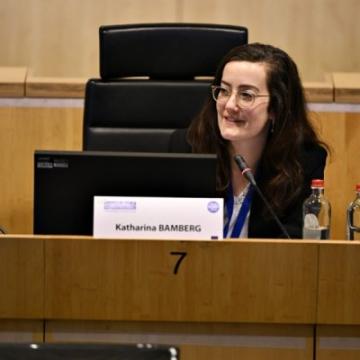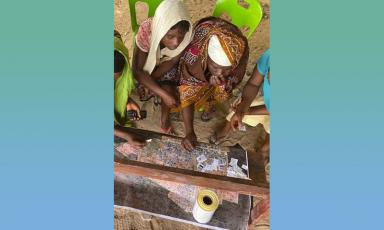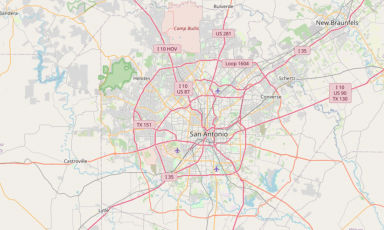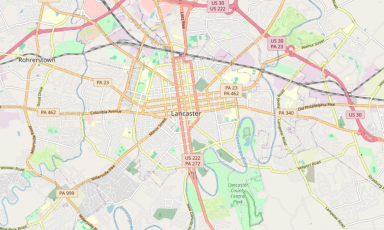Eurocities network, Belgium
Eurocities’ Integrating Cities Process: A Framework for Building Capacity on Migration and Integration
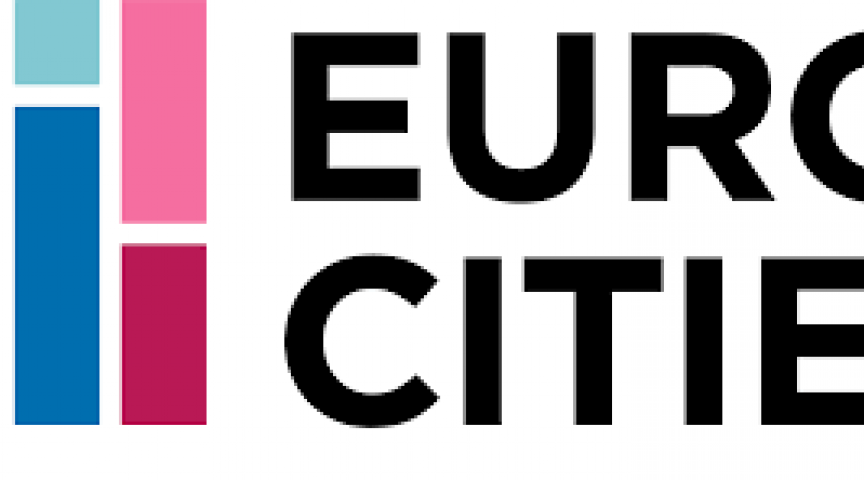
Summary
The Integrating Cities Process is Eurocities’ framework for our work on migration and integration. It is a commitment to integrating migrants and migrant communities in European cities. Local authorities are part of the Process through their pledges on the Integrating Cities Charter.
Every two years, Eurocities assess cities’ progress against the Integrating Cities Charter. The last assessment report, published in December 2022, shows that Europe has faced multiple crises, the effects of which have often played out at the local level. Cities have had to respond quickly to the impacts of the health crisis of the Covid-19 pandemic and its socio-economic impact across the continent; and, most recently, the Russian invasion and ensuing war in Ukraine, leading to record numbers of refugees seeking protection in neighbouring countries and further afield.
Nonetheless, cities pledge to continue their efforts to integrate migrants and refugees, and to embrace the diversity of their populations that is already a reality in cities across Europe.
Eurocities will continue capacity building of local governments to better understand the needs and challenges of migrants and refugees, and to develop approaches that facilitate their access to services and furthers their inclusion in our cities.
Impact
Every two years, Eurocities takes stock of cities’ progress under the Charter by means of a survey of signatory cities. This allows cities to assess their progress and draw comparisons to other local authorities across Europe. Moreover, it creates an overview of the main trends, emerging challenges and developments in the context of local integration policies.
The fifth Integrating Cities Report, published in December 2023, provides insights into the measures cities put in place to integrate migrants and refugees in Europe and North America , covering the period from mid- 2020 to mid-2022.
The report is structured along three main chapters: 1) the methodology of the Integrating Cities Charter; 2) the current (political) context that shapes cities’ integration policies, with a particular focus on the impact of the Covid-19 pandemic; and 3) integration actions implemented by cities in their capacities as:
- Policy makers
- Service providers
- Employers
- Buyers of goods and services
Within each of these main fields of responsibility, key trends are identified and analysed across the participating cities. Among others, these include how cities ensure equal access and non-discrimination in policies and access to services, and how they strive to make their own administrations more diverse and inclusive. The progress made by cities in this respect clearly highlights their role as political frontrunners that shape integration and inclusion policies and practices in Europe.
Lessons learned
Our work with the Integrating Cities Process shows that cities are key stakeholders for ensuring equal opportunities and providing integration services for migrants and refugees. Local authorities have had to face considerable challenges. The Covid-19 pandemic’s impact on public health and the socio-economic prospects of local societies have further exacerbated inequalities in cities and hit vulnerable groups such as migrants and refugees particularly h ard. The war in Ukraine has led to many refugees fleeing the country and required local authorities to step up to the challenge of welcoming them. In this context, we released a statement last year on “Caring Cities: Acting in solidarity with all refugees”, and call for the following:
- Cities urgently need EU and national funding to reinforce local social services and to coordinate the response of civil society in welcoming refugees. Cities need European and national authorities to provide additional emergency funding and guarantee that it is accessible in an immediate, direct and easy way to cities to enable them to face this monumental challenge.
- Cities must be closely involved in the EU and national responses to receiving refugees from Ukraine. Cities are eager to step up contributions to the European and national governments by providing knowledge and practical experience in the reception and facilitating the exchange of information and know-how between cities.
- Finally, cities call for non-discriminatory, equal access to rights and protection for all refugees in Europe. Cities need to ensure that all refugees, regardless of their origins and identity, no matter the colour of their skin, their gender, sexual orientation or religion, are receiving the same right to protection. International and EU law that guarantees equal access to rights and to protection in Europe for all refugees and people in need of protection must be upheld and applied fairly.
